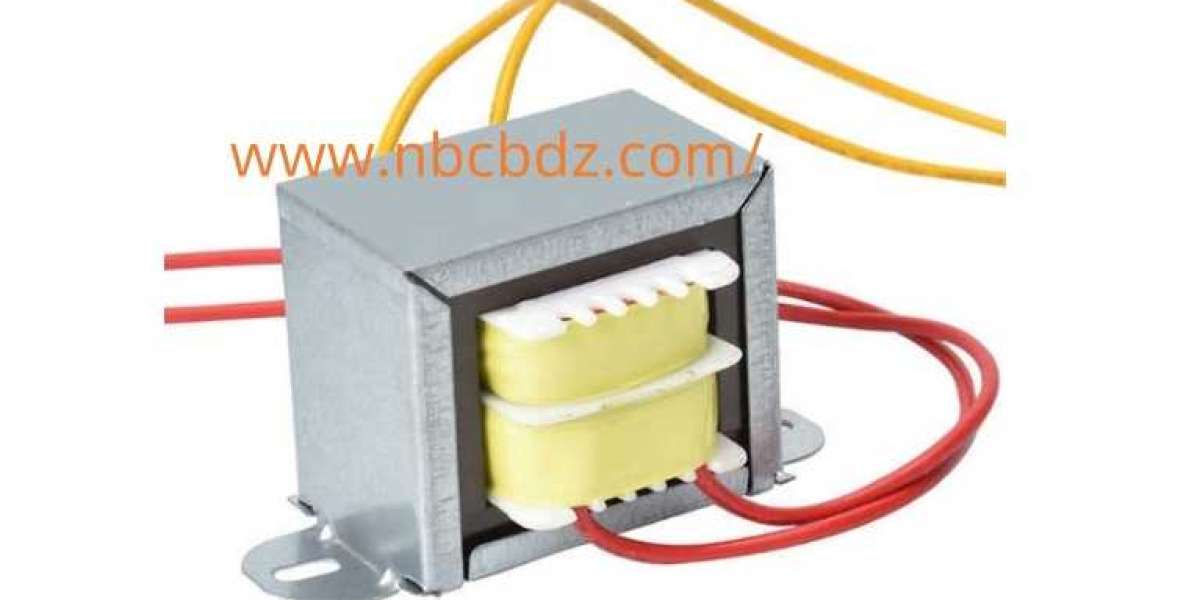When looking for Low-frequency Transformer Factory solutions for large systems, decision-makers often face a mix of performance requirements, budget considerations, and long-term reliability goals. A well-chosen supplier can influence the success of industrial operations, energy management, and even safety compliance.
Low-frequency transformers are widely used in industries where stable current and voltage control are critical. From large-scale manufacturing plants to public infrastructure projects, these components ensure that electrical systems run efficiently without unwanted fluctuations. In such contexts, working with a factory that understands large-system demands is not just a procurement choice—it is a strategic move.
One of the main benefits of sourcing from a dedicated low-frequency transformer factory is the ability to receive customized designs tailored to specific system needs. Large systems often have unique installation environments, varying load capacities, and specific safety standards to meet. A capable manufacturer can work closely with engineers to provide equipment that aligns with these technical and operational goals.
Another important factor is production capacity. Large projects may require not just a single unit but an entire batch of transformers, all meeting identical specifications. Factories with advanced manufacturing lines and strict quality control measures can ensure each unit performs consistently. This consistency can prevent system interruptions, reduce maintenance costs, and extend operational life.
Energy efficiency is also a growing consideration. While low-frequency transformers have traditionally been valued for stability, newer designs are optimized to reduce energy loss during operation. For organizations seeking to lower operational costs or meet sustainability targets, choosing a supplier who invests in such design improvements can be a long-term advantage.
In addition, after-sales support plays a significant role in large-system applications. Complex systems require periodic inspections, maintenance, and sometimes modifications. A factory that offers responsive technical assistance and clear documentation can help minimize downtime and keep operations running smoothly.
When evaluating options, consider a few practical steps: request case studies of similar projects, check compliance certifications, compare production timelines, and ask about customization capabilities. Balancing these factors can help ensure your investment meets both immediate and future operational needs.
Brands like Nbcbdz have developed a reputation for understanding the unique challenges of large-scale projects. By focusing on precise engineering and adaptable production processes, such suppliers can help bridge the gap between technical requirements and real-world performance.
For more information about industrial-grade low-frequency transformers and tailored solutions, visit nbcbdz.com








